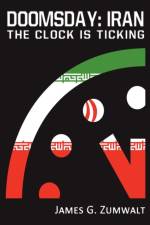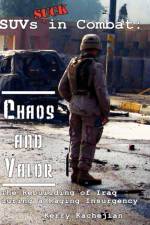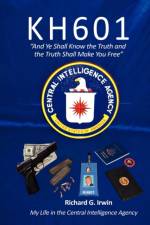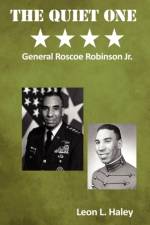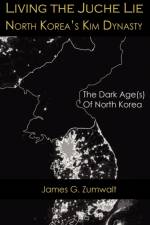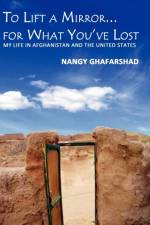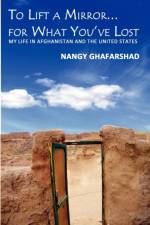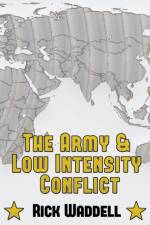av Leon L. Haley
489,-
Since the early days of the American Republic, African Americans have been active participants in the military history of our nation. However, until the late 1940s, their experiences in the military, for the most part, occurred during the period of racial segregation, which often resulted in their being assigned to non-combat duties. Nevertheless, in spite of their status, they continued to exhibit loyalty to their country and served honorably.Students of American history are familiar with great military leaders whose heroic deeds during the military conflicts of the 19th and 20th centuries have become a part of our historical legacy. Much has been written about them as highly visible symbols of courage and leadership. Yet others, equally deserving remain unknown and have not received the same visibility in terms of public recognition. When I became aware of the life and career of General Roscoe Robinson, Jr., the first United States Army African American four-star general, I was surprised to learn so few people-even among my own generation of African Americans-had ever heard of him. Even in one of the most comprehensive history books about African Americans - From Slavery to Freedom, written by the well-known scholar, John Hope Franklin, Roscoe Robinson is not mentioned. In authoring this biography, I seek to fill this gap in our knowledge of this remarkable man who, from humble beginnings, rose to the pinnacle of military success through perseverance, discipline, and commitment to duty and country.Whenever I write something of an historical nature pertaining to the life and times of African Americans, I am always reminded of the admonition of one of America's most distinguished men of color - William E. B. Du Bois. It was he who-in a presentation in 1898 before the American Academy of Political and Social Science-advanced the notion that understanding black life in America required a systematic assessment of the influence of broad historical, cultural, social, economic, and political forces that shaped the times. There is no way of denying the subject of race in the military. It was an inescapable condition, which has riveted American social, cultural, and political systems before and during Robinson's time in the military. I have tried to convey that circumstance as accurately as possible. Indeed, in many respects, from his early childhood through his retirement years, Robinson lived through one of the most historic periods in race relations in this country - both within and outside the military.Today, men and women of all races make immense sacrifices to serve their country, defend our liberties, and protect our interests around the world; often without the gratitude and recognition, they deserve. It is my firm hope that this book will not only serve as an inspiration to all who read it, especially to the current generation of young African Americans (including my children and grandchildren) about whom General Robinson cared deeply, but that it will enable the readers to develop a greater appreciation for those who serve in the military.About the Author:Leon L. Haley, PhD, is a professor emeritus in the Graduate School of Public and International Affairs, University of Pittsburgh. Over twenty-five year tenure at the University, he served in a number of capacities, including an Associate Dean, Acting Dean, and a Vice Chancellor for Student and Public Affairs. With African American history as an avocation, in addition to The Quiet One, he is the author of From the Staunton to the Allegheny: an African American Family Journey. Specializing in strategic planning, he now serves as a consultant for nonprofit organizations.


